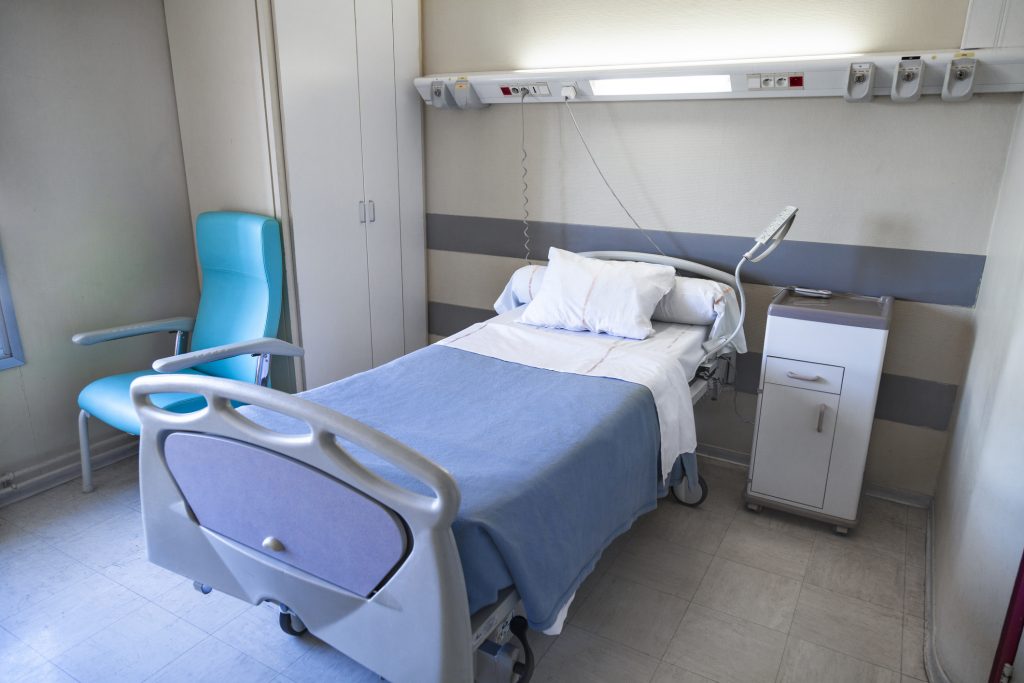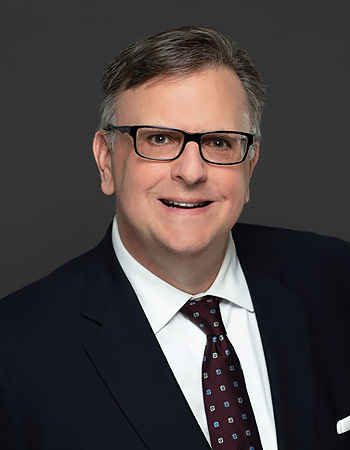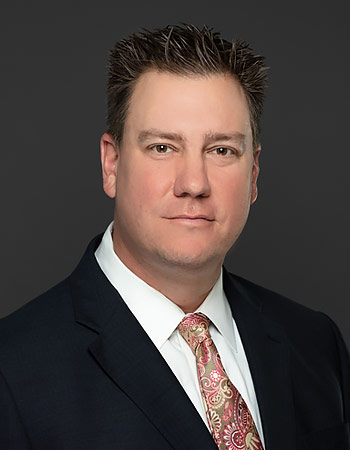What to Do If Your Loved One Has Been the Victim of Abuse at a Skilled Nursing Facility

Different patients have different needs and require different kinds of care. Elderly people who only require custodial care can do very well in a nursing home. Custodial care is care that doesn’t have to be performed by a medical professional, like a registered nurse (RN) or physical therapist. Examples of custodial care include such tasks as:
- Helping a patient get in and out of bed
- Preparing meals for them
- Bathing and dressing them
- Helping them use the bathroom
Tasks that can only be performed by trained medical professionals fall under what is called “skilled” care. Skilled care constitutes tasks like:
- Giving intravenous injections
- Attending to post operative wounds
- Drawing blood
- Performing physical therapy
- Etc.
Plus no fees unless we win!
Assisted living facilities that only provide custodial care are most often referred to as nursing homes, while facilities that provide skilled care are often called skilled nursing facilities.
While staff at a skilled nursing facility may be more highly trained than those at a nursing home, they still may be guilty of elderly abuse. If you or a loved one has experienced mistreatment of any kind in a skilled nursing facility, compensation may be available to you through a civil lawsuit. To find out more about the legal rights and options afforded to you and your family under Texas state law, call a Dallas nursing home abuse lawyer at Crowe Arnold & Majors, LLP today. Just dial (214) 231-0555 for a free case evaluation.
Tap Here to Call Our Law Office
Types of Elder Abuse
Elder abuse can come in many forms, including:
- Physical abuse: Hitting, kicking, pinching, pushing, rough handling, restraining, etc.
- Sexual abuse: Unwanted touching, inappropriate or suggestive language, indecent exposure, sexual contact with someone incapable of consenting or denying consent, etc.
- Psychological abuse: Yelling, criticizing, belittling, bullying, mocking, taunting, humiliating, shaming, intimidating, etc.
- Financial exploitation: Stealing personal items, gaining access to a patient’s bank accounts and withdrawing money, using patient’s credit cards, cashing their Social Security checks, buying things on their account without permission, etc.
Signs of Elder Abuse
Elderly patients in assisted living facilities can be very vulnerable and are often at the mercy of their caregivers. They may also be unable to communicate what’s going on to their family members and other visitors, due to dementia, stroke, or other reasons. Or, they may be too embarrassed, intimidated, or fearing of reprisal to report abuse. This is why visitors of the patient should remain alert to signs that elder abuse is occurring, including:
- Unexplained bruises, cuts, scratches, etc.
- Poor hygiene
- Missing personal items, higher credit card bills and withdrawals from bank accounts
- Unexplained weight loss
- Bedsores
- Appearing fearful, withdrawn, reluctant to speak
- Appearing uncomfortable when certain staff members are nearby
- Refusal to eat or take medications
- Caregivers who don’t want to leave you alone with the patient
Tap Here to Call Our Law Office
Neglect in a skilled nursing facility
Neglect is a common form of elder abuse that can take many forms in skilled nursing facilities. Caregivers must monitor for signs of injury or illness, reposition immobile residents to prevent pressure ulcers from developing, provide proper nutrition and wound care, administer medications correctly, and ensure that personal hygiene needs are met.
Some of the most common varieties of nursing home neglect are described below.
Medication errors
Medication errors in nursing homes often lead to life-threatening harm. Anecdotal studies indicate the following factors are linked to mistakes in the administration, preparation, and record management of prescription drugs:
- Delegating meds administration to non-licensed staff
- Inadequate verbal communication between staff
- Lack of knowledge
- Insufficient staffing
Our Dallas skilled nursing facility abuse lawyers handle cases involving:
- Administration of the wrong medication or dosage
- Giving expired medications
- Improper medication delivery, giving a drug orally instead of intravenously
- Failing to give medications at correct times
- Administering medications that pose risks when taken together
Self-Neglect
When seniors are admitted to nursing homes, it is usually because they are unable to properly care for themselves due to physical or mental decline. Self-neglect is a type of skilled nursing facility abuse, even though it is self-inflicted. Nursing home staff have a responsibility to ensure that their patients’ basic needs are met, and when they allow residents to neglect their nutrition, personal hygiene, and health, this can provide grounds for a lawsuit.
Bedsores
Pressure ulcers, also known as bedsores, are some of the most preventable injuries in today’s skilled nursing facilities. These ulcers are often a warning sign of improper wound care and underlying neglect. Infected bedsores can turn septic and prove deadly for residents who often have compromised immune systems.
Damages available in a skilled nursing facility abuse lawsuit
If someone you love has suffered neglect or abuse in a nursing home, the Dallas nursing home abuse lawyers at Crowe Arnold & Majors are prepared to fight for maximum monetary damages. The majority of these cases are settled out of court, and may seek compensation for:
- Medical and hospital bills
- Pain and suffering
- Punitive damages
- Funeral and burial costs
While litigation cannot erase the suffering endured, it can hold the persons or facility accountable for harming your loved one.
Statute of limitations for filing a complaint
Lawsuits arising from abuse and neglect in nursing homes are subject to a statute of limitations. In Texas, victims and their families have two years to file a civil complaint alleging nursing home negligence. Our attorneys can ensure your case is filed within applicable deadlines.
Speak with an Attorney Today
It’s almost inconceivable that a caregiver would abuse or exploit an elderly person who can’t defend themselves, but unfortunately, it does happen. If you suspect a loved one in an assisted living facility is being mistreated in any way, you need to notify authorities immediately. If elder abuse has occurred, you may be entitled to compensation through a civil lawsuit. To ensure that you and your loved one get the settlement you deserve, it is vital that you have the representation of an experienced personal injury lawyer.
For almost 30 years, Crowe Arnold & Majors, LLP has been successfully representing injury victims in the greater Dallas area. During that time, we’ve recovered over $110,000,000 for our clients. If you’d like Crowe Arnold & Majors, LLP to represent you, call (214) 231-0555 for a free consultation with our Dallas personal injury lawyers.

John W. Arnold,
Partner, Trial and Appellate Attorney
With over 25 years of experience, John is a seasoned trial and appellate attorney known for delivering results.

David W. Crowe
Partner, Personal Injury
For more than 30 years, David has been a powerful advocate and fighting for individuals harmed by negligence and abuse.

D.G. Majors
Trial Attorney, Personal Injury and Product Liability
D.G. is a trial lawyer with a strong track record of results in personal injury, product liability, and commercial litigation.
Our Dallas Location
6550 Bank of America Plaza
901 Main St.
P: 214-231-0555





